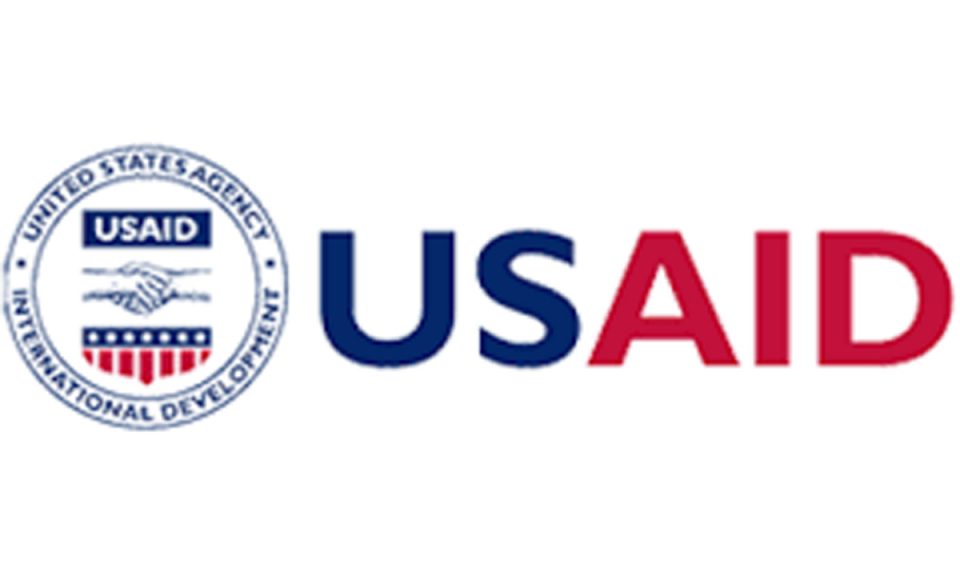Ibadan Electricity Distribution Company (IBEDC) and the United States Agency for International Development (USAID) have called for end to gender inequality and discrimination against women in leadership and workplace.
The advocacy came at the 2022 Disco for Women Conference, held in Abeokuta on Wednesday, capturing over 250 women participants across the 20 local government areas of the state.
The conference, with the theme: “Breaking the Glass Ceiling: Optimising Career Opportunities”, focused on increasing women’s representation and participation in leadership roles in various professions and reducing gender gaps.
Mrs Angela Olanrewaju, the Head, Branding and Corporate Communication for IBEDC, explained that the programme was aimed at creating opportunities for women who had broken the barriers in their careers to helping younger women, especially in male-dominated professions.
Olanrenwaju said that IBEDC considered it important to join other voices in raising the flag against inequality against ladies and women in different organisations and other sections of the society.
“In 2015 USAID/IBEDC signed an MoU on engendering utility programmes.
“The USAID-Engendering Utilities Programme provides a strong platform to infuse the needed diversity required to recruit, train and empower more women into IBEDC workforce, which will ultimately impact our bottom line and stakeholder value,’’ she said.
Olanrenwaju insisted that women needed to be encouraged and empowered to give the best in their chosen careers.
She explained that IBEDC was committed to creating a diverse environment and ensuring equal opportunities, fairness of treatment, dignity and eliminating all forms of discrimination in the workplace for all staff and job applicants.
The Keynote Speaker, Iyalode Alaba Lawson, noted that all barriers preventing Nigerian women from reaching higher level of professional and leadership success should be discouraged.
Lawson lamented that women, despite the great potentials abounding in them, were always relegated and marginalised in their different professions.
The implication of this, she said had hurt several organisations, businesses and the country’s growth and development.




